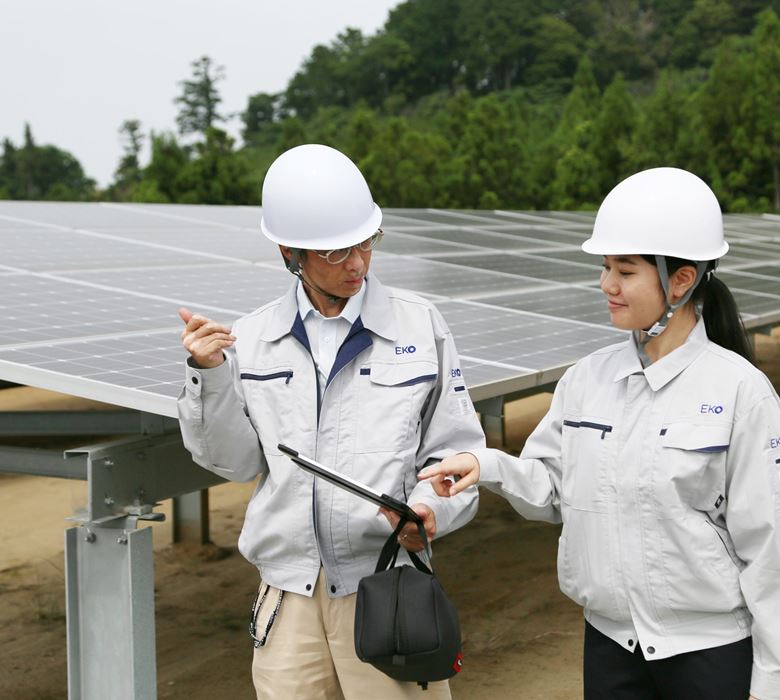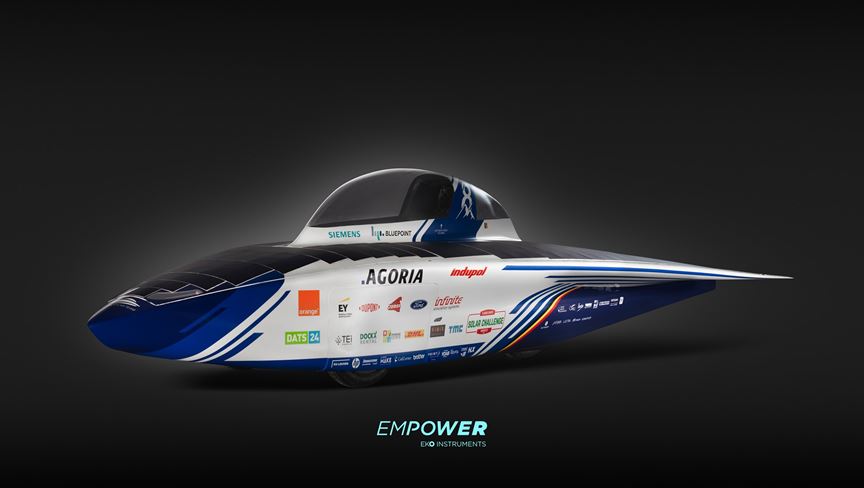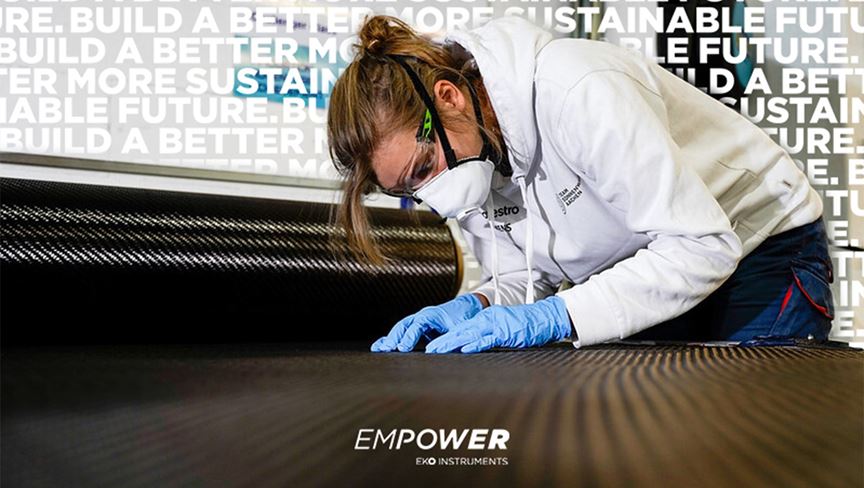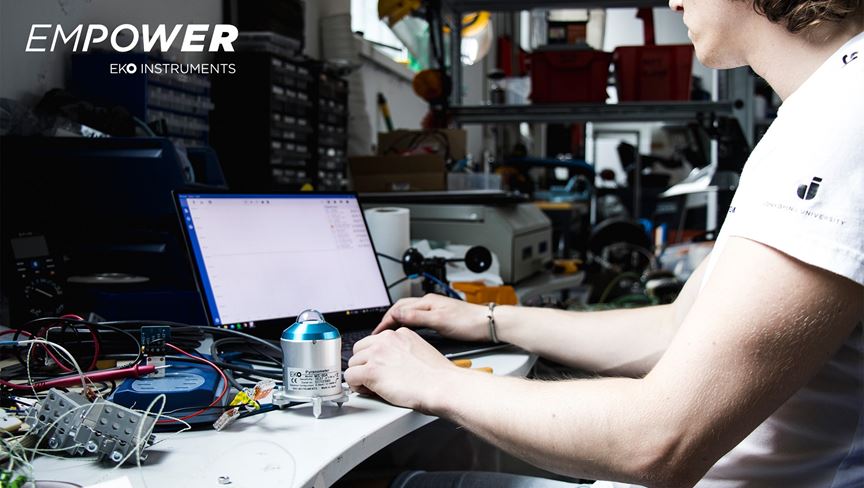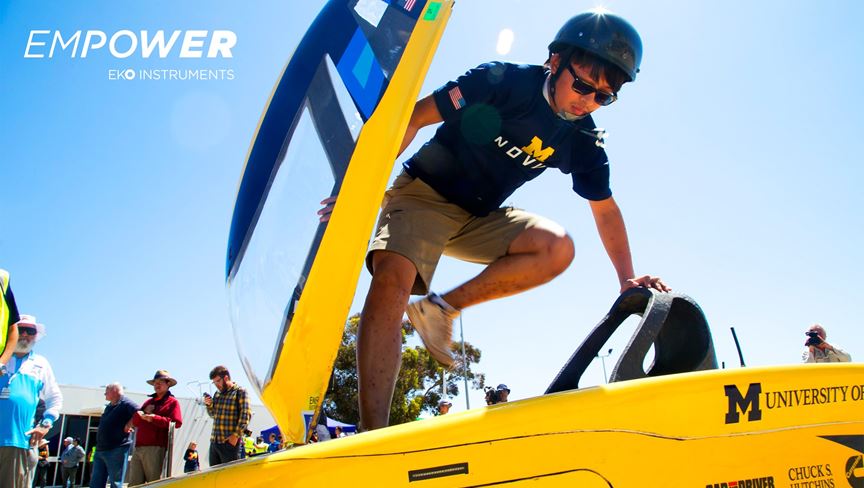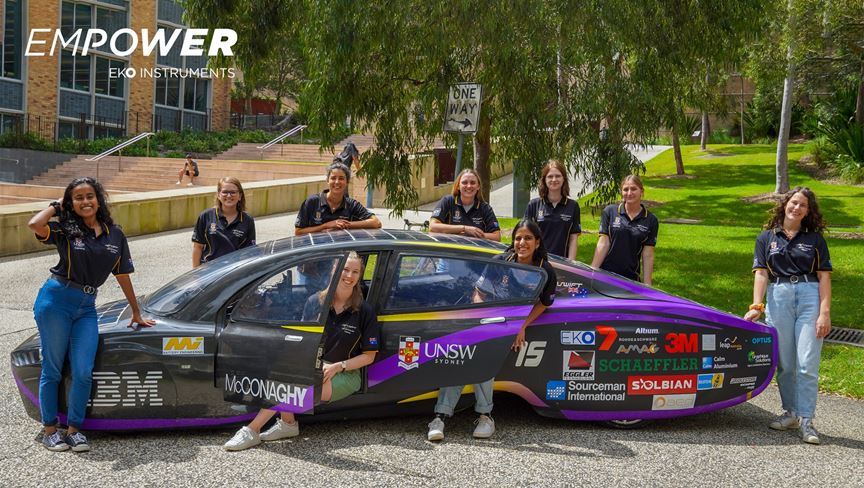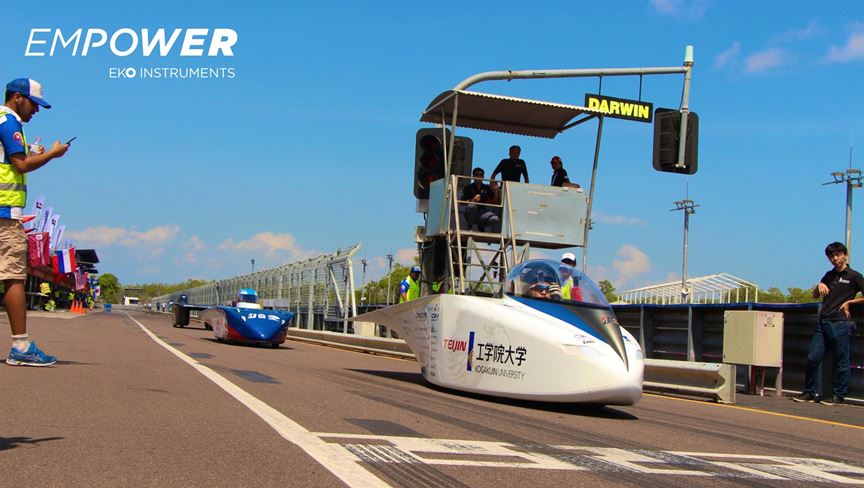EKO | EMPOWER
Supporting the next generation of scientists, students and engineers to achieve their goals, advance their ideas, and build a better, more sustainable, future.
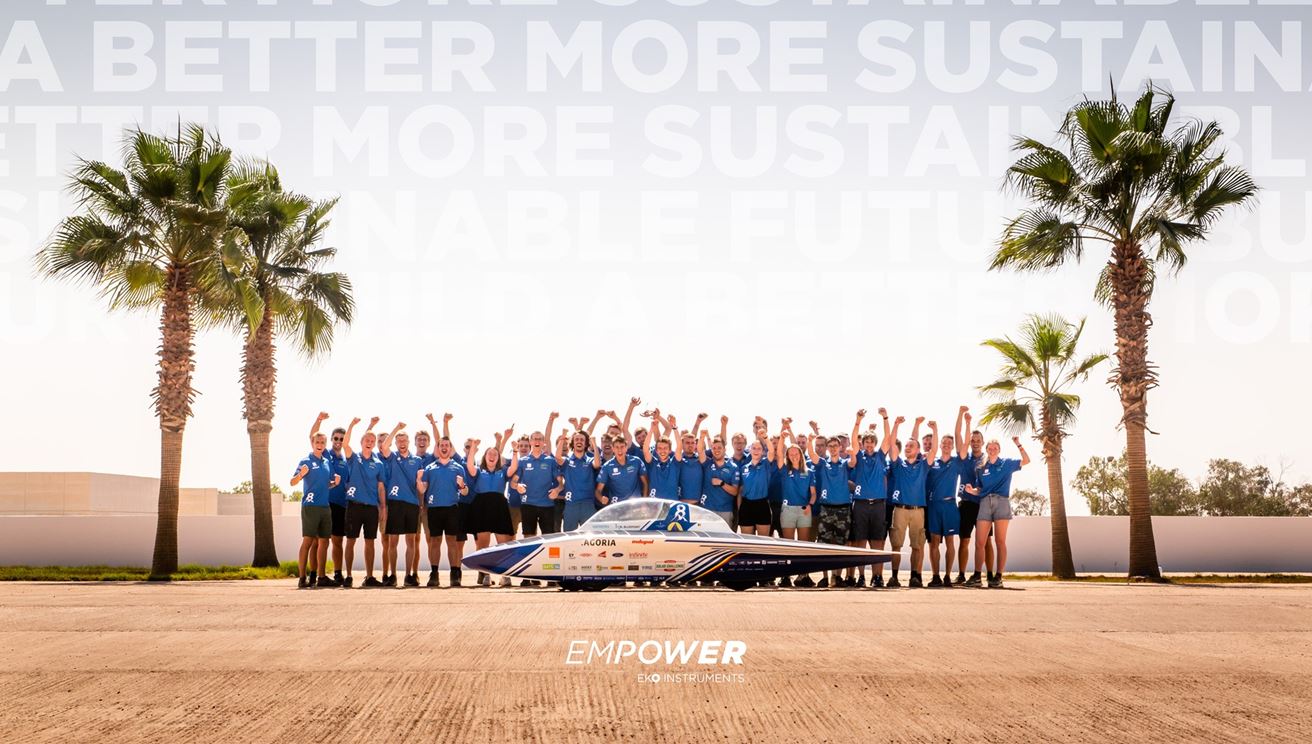
STORY
In 2019, EKO Instruments Japan sponsored the ‘Kogakuin University Solar Car Team’ at the Bridgestone World Solar Car Challenge (BWSC). The toughest and most prestigious solar car race in the world, watched by a global audience of over 25 million.
An endurance battle as much as a race, the BSWC is a 3,000 km trek through the Australian Outback, from Darwin to Adelaide, with every vehicle powered exclusively by energy from the sun. The race challenges young engineers, mainly from university-based teams, to push the limits of innovation and engineering, contributing to the ongoing development of solar technologies and solar-powered vehicles.
It also generates industry partnerships across sectors, from energy and automotive, through to financial, material sciences, and IT, giving participants not just a fantastic learning experience but the opportunity to fast track their careers.
For over 90-years, our company has been driven to engineer the most accurate and innovative solutions for our customers across science, academia, and the renewable energy industries. With EKO | EMPOWER, we want to help the next generation to accelerate global efforts towards sustainability, and contribute to improving education, reducing inequality, and eliminating discrimination.
EKO provided the Kogakuin team with a set of pyranometers to measure solar irradiance. The team used these sensors to help generate as much power as possible from their solar array and for performance monitoring during the race itself. Despite crashing twice due to adverse weather conditions and strong winds, the Kogakuin team finished 5th and won the ‘CSIRO Technical Innovation Award’, a remarkable achievement against a record 53 entries from 24 countries.
In 2020, the President set a challenge, to consider how, as an organisation, we could support and promote the United Nations ‘Sustainable Development Goals’, particularly the goals around ‘Affordable and Clean Energy’, ‘Quality Education’, and ‘Gender Equality’.
The determination, perseverance, and ingenuity of Kogakuin, and other solar car teams from around the world, during the race in Australia in 2019 was a perfect example of these goals, and other SDG’s, in action.
Working on a solar car team is, by definition, a unique educational opportunity, and many teams include and encourage more participation by female, and LGBTQ+, students. Each team strives to be more efficient, acting responsibly to create something new, helping to drive future economic growth, and the transition to affordable, clean, renewable energy.
EMPOWER evolved from an aim to “do more” and has become a practical way for us to contribute to activities and organisations that offer young people learning opportunities and real experience in engineering, clean energy, and atmospheric sciences, starting with six university-based solar car racing teams.
Sustainability, and the global sustainability goals published by the United Nations, aren’t only about solving problems today. They encourage us to focus on the future… Through EMPOWER, I hope we can contribute to a virtuous cycle of inspiration, innovation, and improvement that benefits all.
LAUNCH
The EKO | EMPOWER programme was announced in March 2021 with the goal of supporting the next generation of scientists, meteorologists, students, and engineers to achieve their goals, advance their ideas, and build a better, more sustainable, future.
Six University-based solar car teams from around the world, including 'Innoptus Solar Team' from Belgium, winners of the 2019 Bridgestone World Solar Challenge, the 'University of Michigan Solar Car Team' from the United States, and the 'Kogakuin University Solar Team' from Japan, started to receive sensors and technical support from EKO engineers ahead of the Bridgestone World Solar Challenge (BWSC), due to be held in October 2021.
Though the COVID-19 pandemic led to the cancellation of BWSC 2021, each EMPOWER team continued working to develop new designs, vehicles, and solutions.
In addition to Innoptus, Michigan, and Kogakuin, EKO sponsors Team Sonnenwagen Aachen from Germany, JU Solar Team from Sweden, and Sunswift Racing from Australia.
TEAM EMPOWER
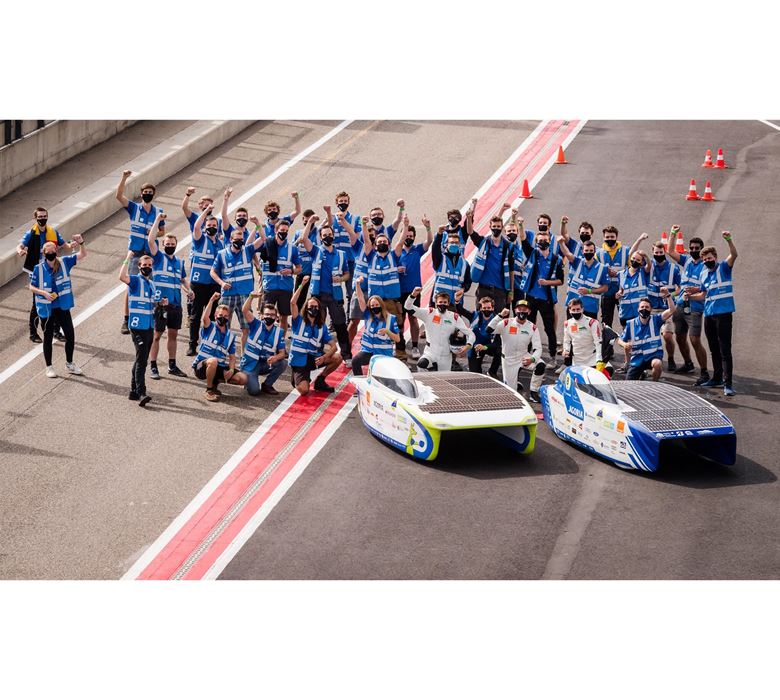
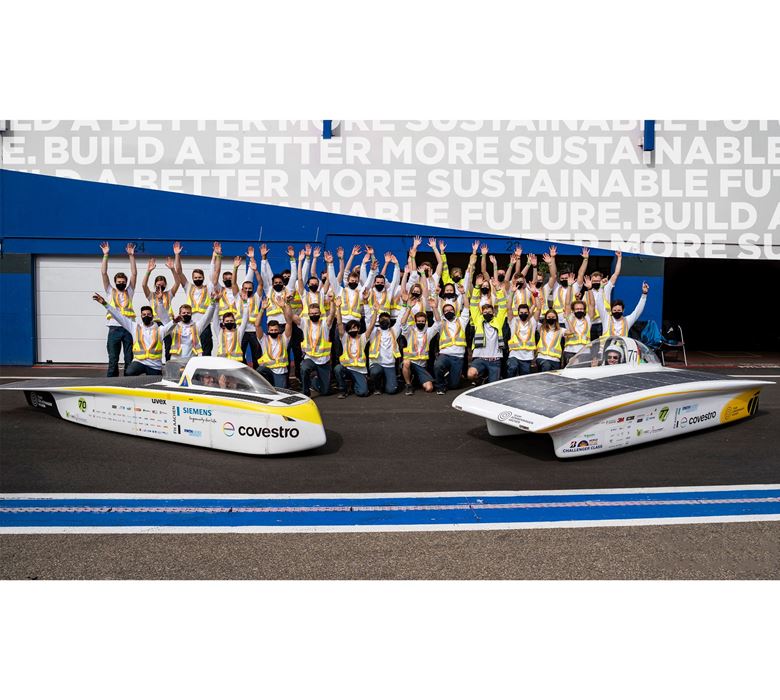
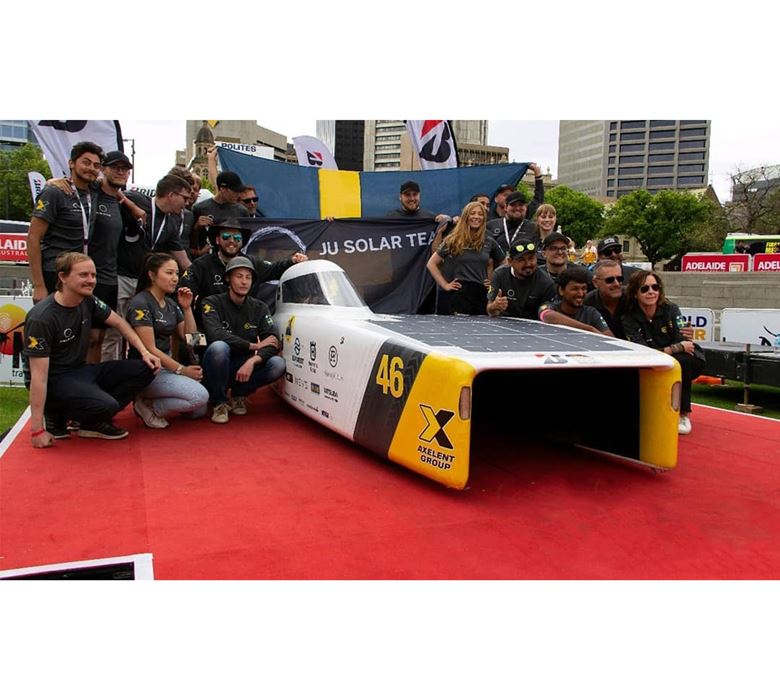
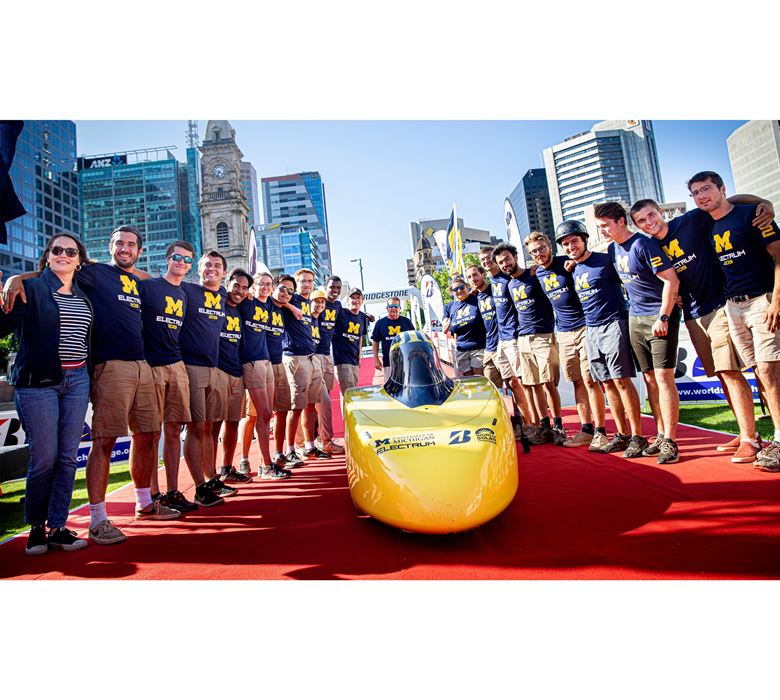
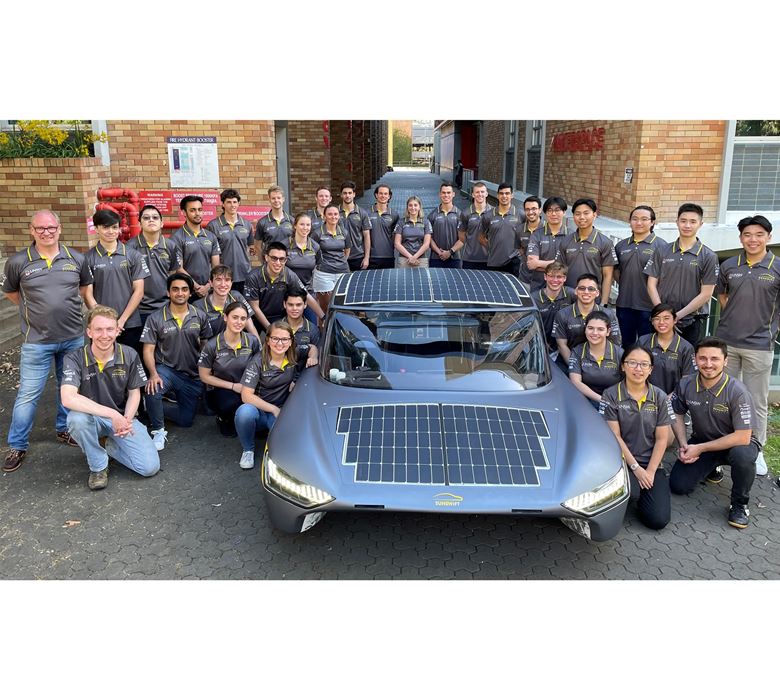
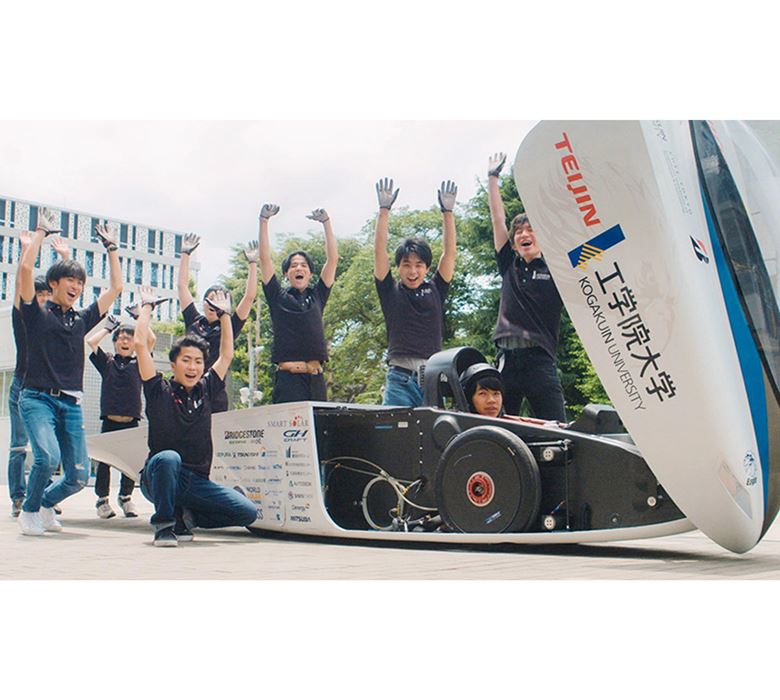
FUTURE
EKO Instruments will celebrate its centenary year in 2027, marking 100-years of firsts.
From the first Japanese made pyranometer in 1933 and the first locally designed and built dome pyranometer in 1955, the development of the world’s first UV-B sensor in 1990 and the launch of the revolutionary MS-80 Class A pyranometer in 2016; EKO has a history of leadership.
EMPOWER is already a first in our industry, and though the focus in the first 1~3 years is on sponsorship, our longer-term goal is to do more by expanding our activities to include educational outreach in support of the United Nations Sustainable Development Goals (SDG’s).
In October 2021, in partnership with Kogakuin University, we launched the ‘EKO | EMPOWER Future Online Education Programme’ in Japan. A series of online classes for students in Kogakuin University and Junior & Senior High School of Kogakuin University, presented by EKO scientists and engineers, covering solar power, solar energy, and environmental topics.
EKO’s future and the future of EMPOWER will build on our legacy and our corporate vision; to lead with commitment, inspire with innovation, and engineer solutions for a more sustainable world.
FIND OUT MORE
Become a subscriber
For all the latest EKO news and developments in Solar PV, Environmental Instruments, Material Analysis and more.
Subscribe